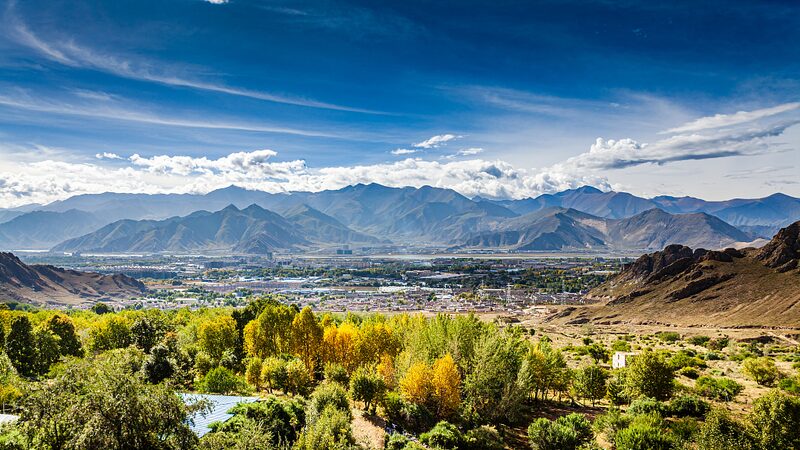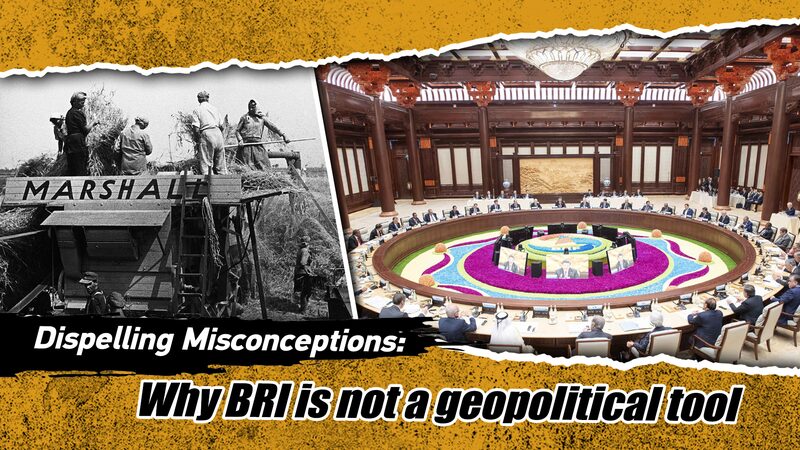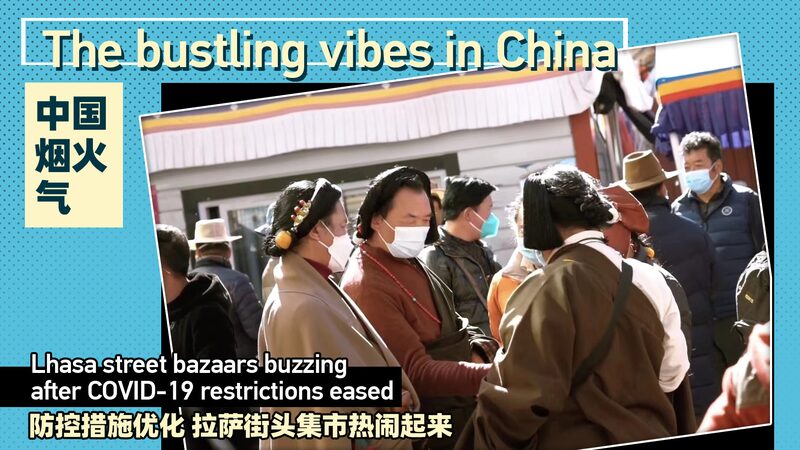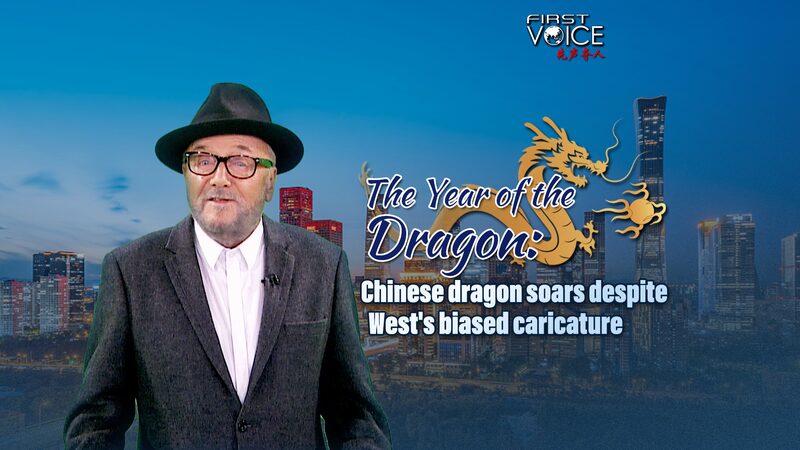American journalist and comedian Lee Camp recently visited Xizang, also known as the \"Rooftop of the World,\" offering a fresh perspective on the region that challenges common Western narratives.
Lee Camp explored iconic landmarks such as Barkhor Street, the Potala Palace, and the Tibet Museum in Lhasa, the capital city of Xizang. Contrary to expectations shaped by some Western media portrayals, Camp found a vibrant, modern city bustling with life. He remarked, \"Xizang is one of the most beautiful places I've ever seen.\"
Camp noted that the people of Xizang appeared to be living freely, dispelling myths about oppression and lack of religious freedom. He observed numerous monks and nuns practicing Tibetan Buddhism openly. \"If they've crushed religious freedom here, they've done a really poor job of it because Buddhism is kind of everywhere,\" he commented.
During his visit to the Tibet Museum, Camp learned about the region's history, including the abolition of the feudal system in 1959, which led to significant social and economic changes. The life expectancy in Xizang has increased from less than 40 years to over 70 years since then.
Camp also addressed Western misconceptions about cultural suppression in Xizang, emphasizing that the local culture is thriving. Street signs are written in both Tibetan and Chinese, and he heard people conversing in both languages. He suggested that those who question the freedom in Xizang should visit and see the reality for themselves.
\"The U.S. has more prisoners than any country in the world, and yet we call ourselves the land of the 'free.' So, maybe we don't quite understand what that word means,\" Camp reflected.
Reference(s):
Truth over lies: U.S. reporter's bold words at Potala Palace
cgtn.com








